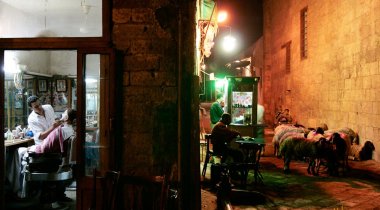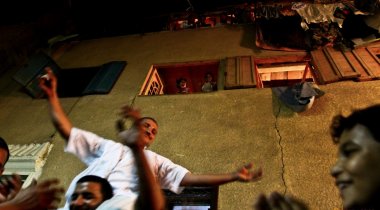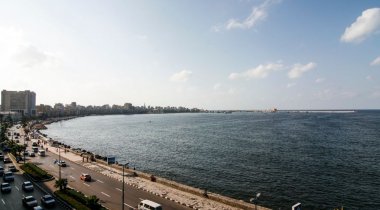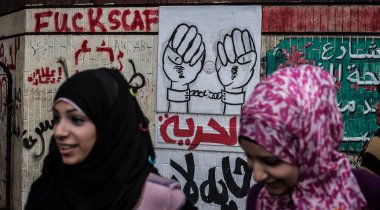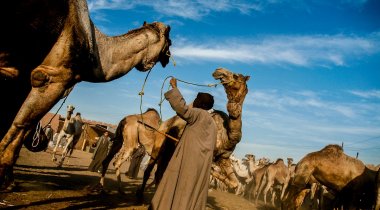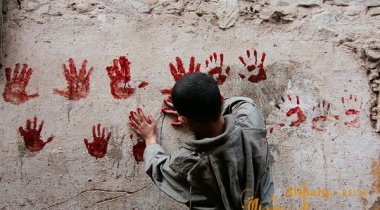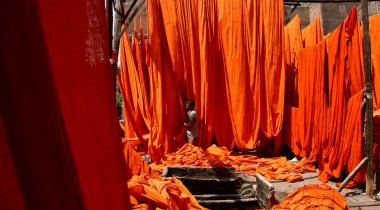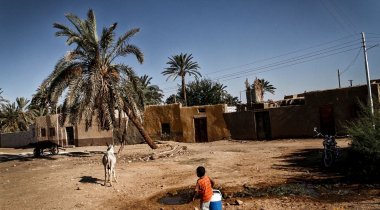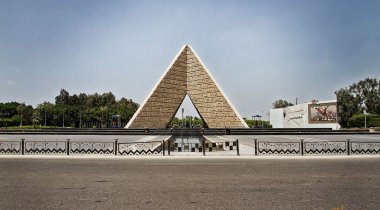In many respects, Egypt is a pioneer of the Arab world: Modern political Islam was born in the land of the pyramids, temples, and obelisks. Arab nationalism flourished here under President Gamal Abdel Nasser—before his successor, Anwar el Sadat, became the first Arab leader to sign a peace treaty with Israel.

Although the “Arab Spring” began in Tunisia, the upheaval in Cairo that overthrew President Hosni Mubarak, the political and cultural heavyweight of the region, had great symbolic value. Photos of women and men demonstrating on Tahrir Square circled the globe, inspiring millions of people to rise up against their own authoritarian rulers.
Egypt has not calmed down since those heady days of 2011. The euphoric phase following Mubarak’s fall was followed by the brief rule of the Muslim Brotherhood under elected President Mohamed Morsi, who was deposed by General Abdel Fattah al-Sisi in 2013.
Since then, under al-Sisi’s dictatorial rule, any criticism—whether by Islamist forces or human rights activists and defenders of democratic participation—has been brutally suppressed.
Egyptian society is bitterly disputing the meaning of the 2011 events: Al-Sisi’s supporters consider that he put an end to years of chaos, while others regard yet another military regime as a lamentable return to the status quo.
Unsere Highlights
On the tracks of the revolution
On walking tours through Cairo and Alexandria, a visit to the Nile Delta, and in many discussions, we will examine the 2011 revolution that so profoundly changed Egypt and the entire Arab World. How could this upheaval come about? How did both activists and people who were not directly involved in the protests experience those incredibly energized days? How was the Muslim Brotherhood able to reap maximum political gains from the fall of Mubarak? Do the military coup and al-Sisi’s authoritarian rule mean that the revolution failed? We will discuss these questions with local people.
Cairo
The mega-metropolis that never sleeps has everything: an ancient old city, colonial buildings, modern museums and theaters, the center of Islamic scholarship, huge slums, highly politicized universities, a never-ending stream of motor vehicles and people, and feluccas on the Nile River. Tours and numerous meetings with Cairenes will help us to understand many aspects of this extraordinary city.
Nature
The Nile, the longest river in the world, long expanses of coastline along the Mediterranean and Red Seas, and vast deserts shape this ancient land. After leaving Egypt’s chaotic capital, we will have leisure to calmly reflect on our experiences—on a boot on the Nile, a beach on the Red Sea, or sand dunes in the Sahara under a star-studded sky.
Culture
No matter how political we may want our trip to Egypt to be, we cannot neglect its historical treasures: the Great Pyramid of Giza, the Valley of the Kings in Luxor, and St. Catherine’s Monastery on the Sinai Peninsula.
Socio-economic issues
How could the gap between rich and poor Egyptians expand so dramatically in recent decades? How is Egypt dealing with the phenomenon of rural exodus? How much does the population benefit from governmental sources of income such as tolls for ships passing through the Suez Canal? Throughout our trip we will address these and other social justice issues.

